Kurds add to Erdogan woes with threat of violence after vote
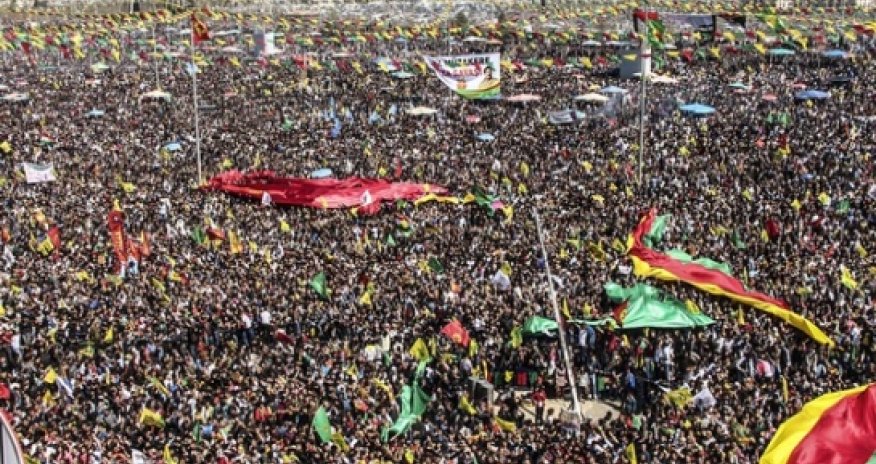
Turkey’s local elections next weekend may hand control to Kurdish parties across the southeast, upping pressure on the government to meet their demands for local autonomy or risk a return to violence.
Mayors from the main Kurdish group, the Peace and Democracy Party, already run most of the region’s municipalities and will probably add the holdout city of Mardin when the country votes on March 30, according to interviews with officials from all major parties. Kurds are set to benefit from changes to boundaries incorporating the rural areas where their support is strongest, the Kurdish party said.
A Kurdish landslide in the region would add to the headaches facing Prime Minister Recep Tayyip Erdogan, who’s ensnared in a graft scandal. Erdogan is the first premier to engage Kurdish militants in peace talks, seeking to end a three-decade conflict that has killed tens of thousands, mostly Kurds, and cost the country hundreds of billions of dollars. The militants are threatening to take up arms again if Erdogan doesn’t take measures to advance their agenda soon after election day.
“The peace process would come to an end unless the government takes steps within one or two weeks of local elections,” said Murat Karayilan, a senior commander of the PKK militant group, according to a report on the Kurdish Firat News Agency on March 17. The PKK is classified as a terrorist group by Turkey, the U.S. and the European Union. Karayilan urged Kurds to vote for the Peace and Democracy Party to add to the pressure on Erdogan to take action.
‘Dragging Feet’
Imprisoned PKK chief Abdullah Ocalan said in a letter read out on March 21 to mark the spring festival of Nowruz, celebrated across the region, that both sides have passed the test of “goodwill” so far. He said, though, that the government must now stop dragging its feet and agree to a “legal frame for the negotiations,” according to Firat.
Erdogan told state television on March 20: “We say, let’s silence the guns and let politics speak.” He also said the Turkish state “will do whatever we have to do” if the Kurdish militants return to violence.
Kurds, the largest ethnic group in the Middle East without their own state, already control energy-rich northern Iraq and have declared self-rule in northeast Syria, fueling the aspirations for autonomy of their ethnic cousins in Turkey.
It’s a delicate balance for Erdogan, who must avoid antagonizing nationalist Turks elsewhere in the country, where there’s strong opposition to Kurdish separatism.
‘Slippery Slope’
Erdogan’s Kurdish peace plan is one of the issues on which he’s said to have fallen out with Fethullah Gulen, a U.S.-based preacher and former ally. Gulen is blamed by the government for instigating the graft probe through his supporters in the police and judiciary, and fabricating evidence.
Erdogan probably won’t grant full autonomy to the Kurds because that would be “a slippery slope toward breaking up Turkey,” said Michael Gunter, a professor and author of several books on Kurds at Tennessee Tech University in Cookeville. “Turkey can satisfy the vast majority of ethnic Kurds who live within Turkey by implementing more true democracy.”
Erdogan has taken steps to meet some Kurdish demands, easing decades-old curbs on use of the language, as well as starting a once-taboo dialogue with the PKK. Kurds are calling on him to go further by freeing Ocalan as well as more than 5,000 people in jail on charges of links to the group. They also want full Kurdish-language education in schools, and expanded powers for local authorities.
‘Our Share’
An election win next week will push that agenda forward, said Gultan Kisanak, who’s the Peace and Democracy candidate for mayor of Diyarbakir.
“The people are voting in support of the demand for democratic autonomy,” she said in a March 16 interview in the city. “A strong electoral success will force the government to amend the constitution for a solution and sharing power.”
Kisanak said Kurdish local authorities should also “have our share from natural resources in areas under our administration.” Turkey meets about 7 percent of its annual oil needs from fields in the southeast.
Erdogan has ramped up spending to create jobs and expand agriculture and energy production in the Kurdish regions. The government has allocated about $4.5 billion over the next five years for the Southeast Anatolia Project, a chain of hydro-electric dams and irrigation systems.
5,000-year history
That’s balanced by a peace dividend that the country has enjoyed as the conflict ebbed. Turkey spent an average 3.9 percent of gross domestic product on the military in the 1990s, when the war with the PKK was at its height, according to the Stockholm International Peace Research Institute. That dropped to 2.3 percent of GDP last year, SIPRI says.
Mardin, between Diyarbakir and the Syrian border, illustrates some of the intricate problems that could emerge in a more decentralized Turkey. The city has been ruled by Babylonians, Hittites and Romans in its 5,000-year history, and is home to sizable Arab and Turkish populations, as well as Kurds. The spice shops and kebab restaurants that line its cobbled streets are run by Assyrian Christians as well as Muslims.
Ahmet Turk, the Kurdish frontrunner in the mayoral race there, speaks expansively of the regional possibilities unlocked by Kurdish gains in Iraq and Syria.
‘Meaningless’ Borders
“Why shouldn’t the people of the Middle East form a unity like the European Union, rendering borders meaningless without changing them?” he said in an interview in Mardin on March 15.
Yet some of Mardin’s communities worry that they’ll be squeezed by an ascendant Kurdish movement. In neighboring towns, militants sometimes order businesses to close down temporarily to protest against the government in Ankara.
“So far, shops have not been shuttered in the center of Mardin,” said 56-year-old Hasan Ozcan, an ethnic Arab coppersmith who supports Erdogan’s party. “If that happens, it would certainly cause unease.”
Many Assyrians, caught in the middle of fighting between Turkish troops and PKK militants, have abandoned a region where their ancestors predate Christianity. Engin Bayrug, a tour guide at the Assyrian Deyrulzafaran monastery, said he’s hoping to move to Sweden “to join our relatives, and raise our children in a country where human rights are respected.”
Among the Kurds there’s appreciation for Erdogan even among those who vote for Peace and Democracy, because of his role in de-escalating the PKK conflict.
Others, such as Sabettin Ogur, say they’ll back the premier’s party at the ballot box -- though with expectations that won’t be easy for Erdogan to live up to.
“We need Erdogan to maintain the peace process,” said 59-year-old Ogur, who sells khaki PKK uniforms and scarves in the outlawed group’s colors of red, yellow and green in Diyarbakir’s covered bazaar. “I will vote for peace and prosperity, while our expectation is autonomy.”
(Bloomberg)
ANN.Az
Latest news 
More news 
























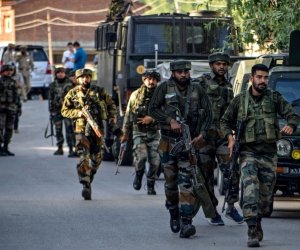
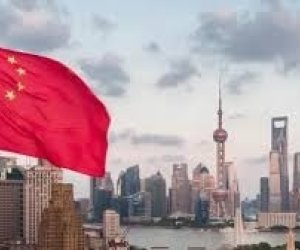
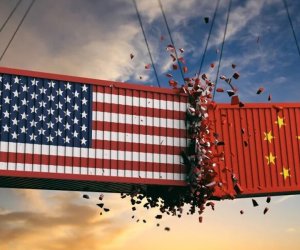
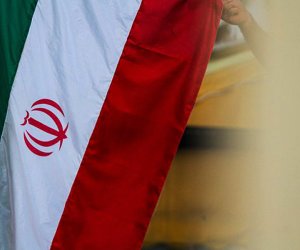
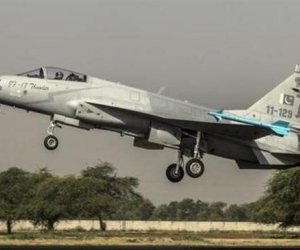
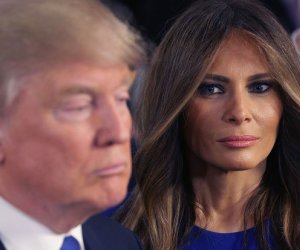
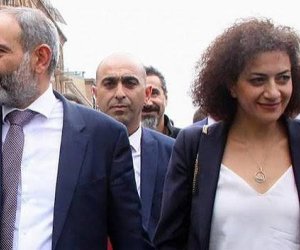
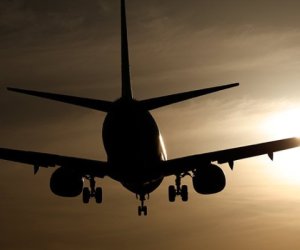
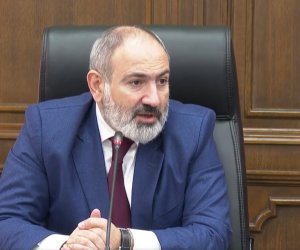


 Photo
Photo 



 Video
Video 

